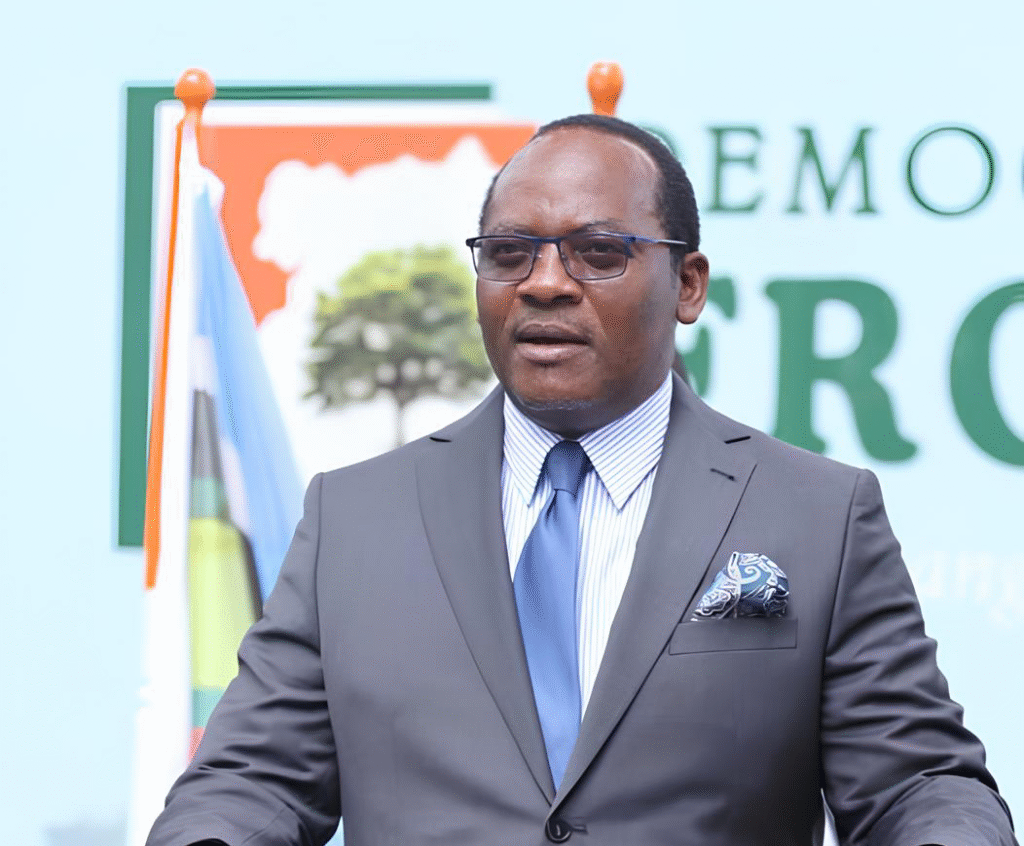Democratic Front (DF) President, Mathias Mpuuga has issued a stark warning to Uganda’s political opposition, stressing that without significant electoral reforms, their chances of unseating the long-serving President Yoweri Museveni in the 2026 general elections are minimal.
In an interview on NBS TV’s #MorningBreeze, Mpuuga, the Nyendo-Mukungwe MP, emphasized the critical nature of his three-year campaign for constitutional and electoral changes.
He expressed frustration with opposition figures, particularly those led by National Unity Platform (NUP) President Robert Kyagulanyi, who have dismissed his reform efforts. Mpuuga suggested that such a stance is tantamount to complicity with the ruling regime to undermine the opposition’s potential at the polls.
“Those who retorted to me over reforms were in connivance with the regime to deliberately make sure the opposition looks shabby at the 2026 polls,” he warned.
The DF President stressed the urgency of the situation, stating, “I see a big problem unless in the next few months the opposition smells the coffee, picks up [Electoral Reforms push] very fast.” He called for a consolidated and united approach, highlighting that meaningful progress requires three key elements: a collective will, a willingness by individuals to set aside their “high horses,” and a clearly defined “opposition’s election minimum agenda.”
Mpuuga defended his long-standing push for reforms, noting that he had raised these issues with his colleagues over three years ago when he was the Leader of the Opposition in Parliament. He lamented that many in the opposition have lost sight of their collective mission, becoming “entrenched in individual ambitions” and choosing to “go into an election regardless of whether there are reforms or not.”
He dismissed criticisms that his leadership was to blame for the stalled reform efforts, countering, “Did the driver take away issues? What stopped other drivers from picking up the issues?” Mpuuga asserted that those who failed to support the initiative are just as responsible for the current disarray.
Mpuuga outlined a range of proposals aimed at transforming the electoral landscape, including:
* Allowing Ugandans in the diaspora and prisoners to vote.
* Reducing the size of Parliament.
* Restoring presidential term limits.
* Introducing a second tier of Parliament with representatives from Uganda’s original 39 districts.
* Changing the composition of the Electoral Commission.
* Shifting the declaration of presidential election results from the national to the district level.
* Amending the electoral system from “first-past-the-post” to proportional representation.
* Allowing ordinary voters, not just candidates, to challenge presidential election results in court.
He concluded his remarks with a final plea for unity and immediate action, stating, “It is not a question of should, we must.” Mpuuga’s message serves as a clarion call to the opposition to unite around a reform agenda, warning that the window for effective mobilization is rapidly closing.
